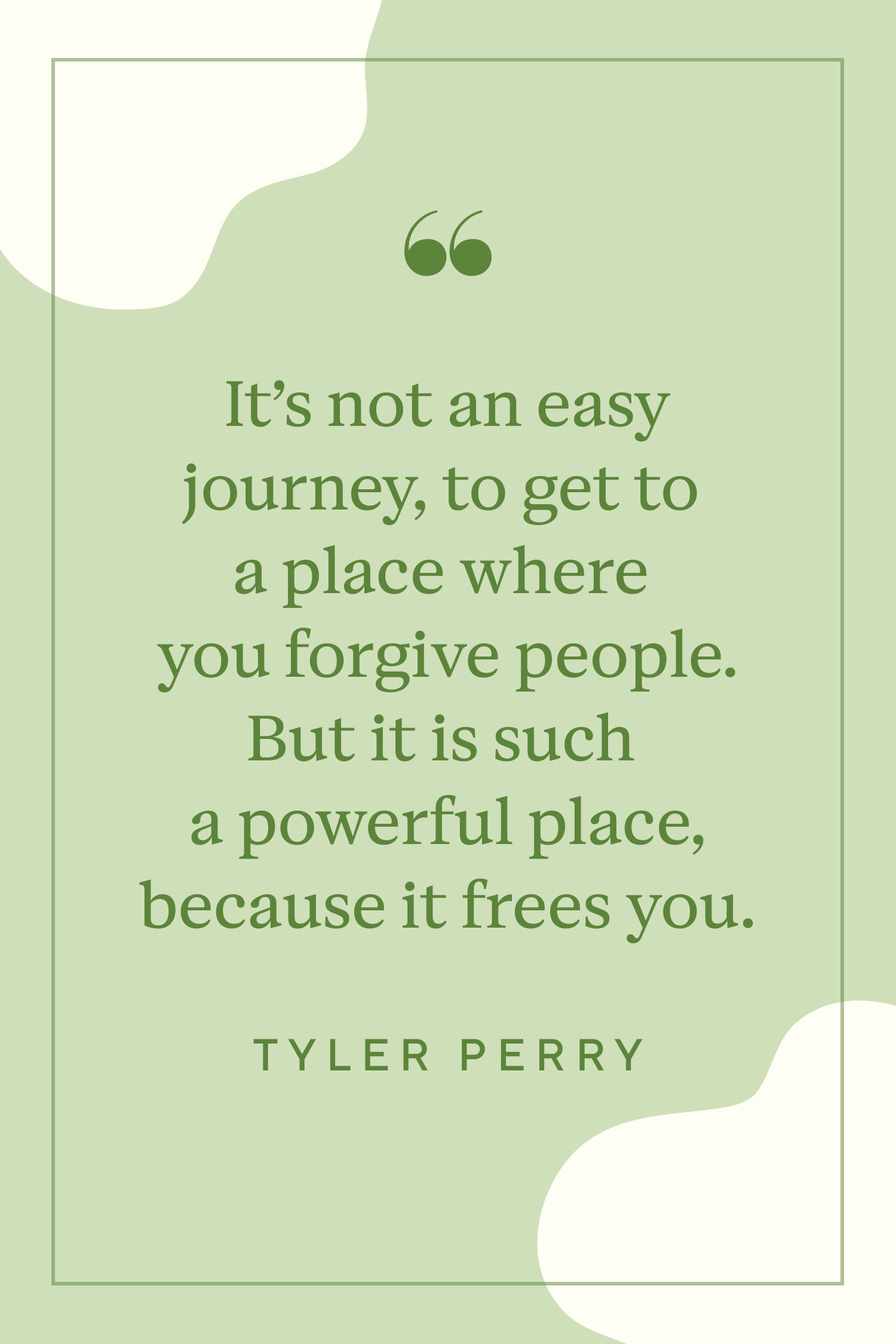Steps to Forgive: How to Heal Old Wounds and Restore Inner Peace
Steps to Forgive: How to Heal Old Wounds and Restore Inner Peace
Blog Article
Comprehending the Value of Mercy in Recovery Relationships
Mercy is commonly checked out as a straightforward act of letting go, yet its importance in healing relationships extends far past plain absolution. What stays to be revealed is the profound effect forgiveness can have on specific development and common consistency.
The Interpretation of Forgiveness
Although forgiveness is typically viewed as a straightforward act of allowing go, its interpretation incorporates a complex interaction of psychological and emotional procedures. At its core, forgiveness is the conscious choice to launch feelings of animosity or vengeance towards an individual or group that has actually created damage. This procedure is not simply about absolving the offender; rather, it includes an extensive emotional change that can lead to personal growth and healing.
Forgiveness is multifaceted, typically characterized by an individual's interior battle to integrate their discomfort with the wish for peace. It requires identifying the wrongs committed, refining the linked feelings, and inevitably making a selection to move on without the concern of animosity. This selection typically requires a cognitive shift, where one reframes their understanding of the perpetrator and the transgression, permitting for empathy and understanding to arise.
Notably, mercy does not imply condoning the habits or neglecting the infraction; it is an intentional act that prioritizes emotional well-being. By specifying mercy in this fashion, we can value its role in helping with much healthier connections and cultivating psychological durability, setting the stage for deeper exploration right into its benefits.
Emotional Advantages of Forgiveness
Mercy offers considerable psychological advantages that can profoundly affect an individual's psychological health and wellness and overall well-being. When a person chooses to forgive, they actively release sensations of bitterness, temper, and anger, which can otherwise develop a heavy psychological worry. This launch frequently causes a decrease in anxiety and anxiousness, promoting a sense of tranquility and psychological stability.
Additionally, mercy cultivates a raised capability for compassion and compassion. By recognizing the viewpoint of the wrongdoer, people can cultivate a deeper emotional strength, which enhances their ability to manage future obstacles. This process not just improves psychological guideline but additionally adds to a much more positive expectation on life.
Additionally, flexible others can enhance one's self-esteem and self-worth. It enables people to redeem their personal power, breaking without the adverse cycles of victimhood - The importance of forgiveness. This newfound empowerment can lead to healthier psychological feedbacks and stronger social relationships
Mercy vs. Reconciliation
The distinction between mercy and settlement is critical in recognizing the dynamics of healing connections. Forgiveness is an inner procedure wherein an individual chooses to allow go of bitterness and adverse feelings towards a person that has created damage. It is mainly an individual journey, concentrated on emotional launch and self-healing, allowing one to move forward without carrying the worry of previous grievances.
On the other hand, settlement entails restoring discover this info here and bring back the partnership to a state of depend on and common respect. This procedure commonly calls for open communication, energetic participation from both events, and a commitment to addressing the underlying issues that resulted in the problem. While mercy can occur individually, settlement demands the readiness of both individuals to participate in discussion and pursue a common understanding.
It is very important to note that forgiveness does not always result in reconciliation. An individual might forgive another without opting to bring back the partnership, especially if trust has been irrevocably damaged or if the connection is considered undesirable. Comprehending this distinction allows people to navigate their emotions successfully and make notified decisions regarding their partnerships.
Actions to Grow Forgiveness
Growing mercy is a deliberate process that includes several crucial steps focused on facilitating psychological recovery. The primary step is recognizing the pain caused by the infraction. Recognizing one's feelings is crucial, as it permits individuals to process their feelings really.
Next, reviewing the occurrence and understanding its influence can supply clarity. This reflection should consist of examining the motivations behind the wrongdoer's activities and identifying that everyone is fallible.
The 3rd step includes making a mindful choice to forgive. This choice is essential, as it represents a determination to allow go of resentment and progress.
Ultimately, sharing sensations in a useful manner can be advantageous - The importance of forgiveness. Whether with journaling, chatting with a relied on good friend, or seeking treatment, articulation of emotions can assist in the mercy trip
Real-Life Examples of Mercy

In another instance, a close-knit team of good friends faced a considerable rift after one participant unintentionally shared an exclusive key. Rather than nurturing bitterness, the affected friend made a decision to forgive, comprehending the significance of valuing the friendship over the mistake. This decision motivated open discussion and ultimately enhanced their link.

Conclusion
In final thought, forgiveness plays an essential function in the recovery of partnerships by helping with the release of unfavorable emotions and promoting empathy. By differentiating in between forgiveness and reconciliation, people can involve in a positive process that improves emotional wellness.
Report this page